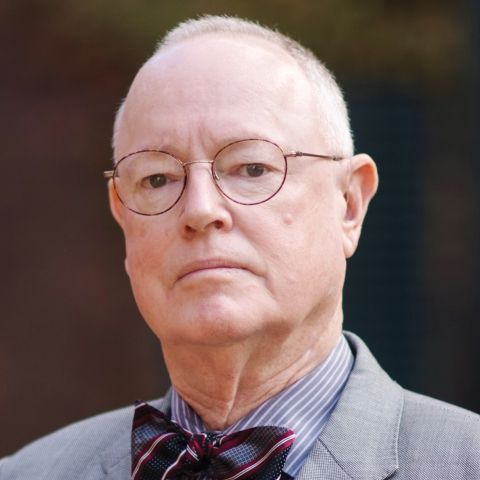
In my view, the premise of the Twenty-Sixth Sokol Colloquium is that broad and general changes in the international environment have consequences for even seemingly autonomous and technical bodies of law. The changes in question comprise the international reaction to the seeming triumph of liberal cosmopolitanism after the end of the Cold War. The Colloquium explores the evolution and proposed reforms of the rules governing the recognition and enforcement of foreign judgments, a supposedly hermetic subject. The resurgence in interest in this seemingly mundane topic, I maintain, reflects a trans-formation in global politics and economics.
The international-relations story goes something like this: From the collapse of the authoritarian regimes in Central and Eastern Europe in 1989 until the 9/11 attack on the United States, what I elsewhere have called the long decade of the 1990s, many informed observers believed that history had reached a new stage. In this brave new world, these observers thought, perpetual peace, growing respect for human rights and democratic politics, and a broader connected-ness of the global community would dominate the international landscape. The ensuing decade, however, brought disruption and disappointment, including armed invasions of Afghanistan and Iraq, resurgent populist and illiberal hostility to the United States and Europe in places as diverse as Argentina, China, Ecuador, Nicaragua, Russia, Venezuela, and Zimbabwe, and a financial crisis that undermined the confidence and international influence of both the United States and, even more profoundly, the European Union. Low-level conflicts on the periphery of Russia and the messy aftermath of the Arab Spring have added exclamation points to the basic insight that what appeared optimistic but attainable in the 1990s seems utopian and even rather dark today.